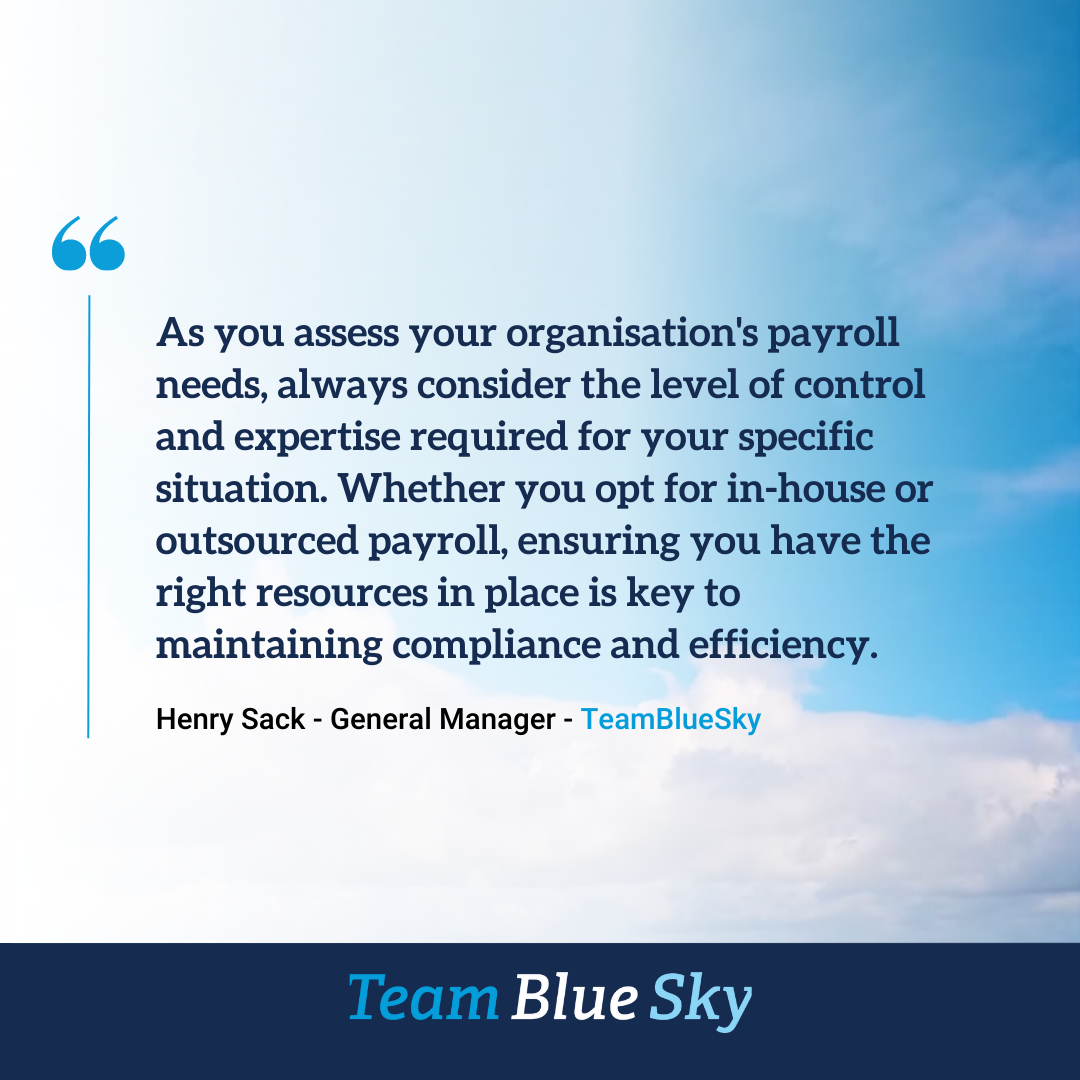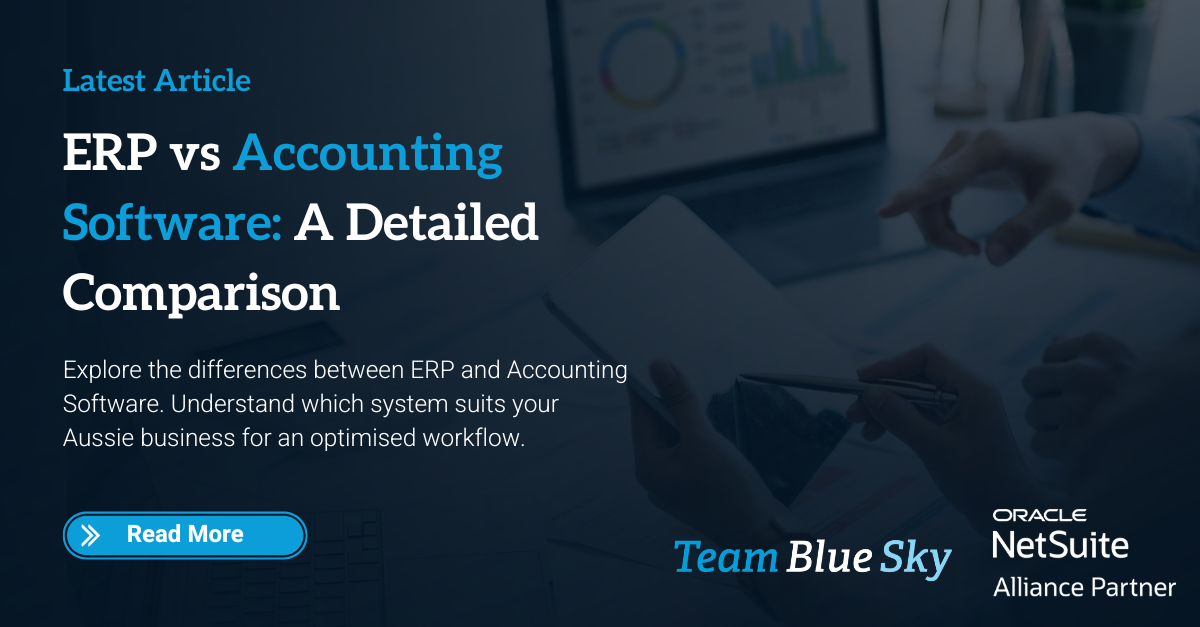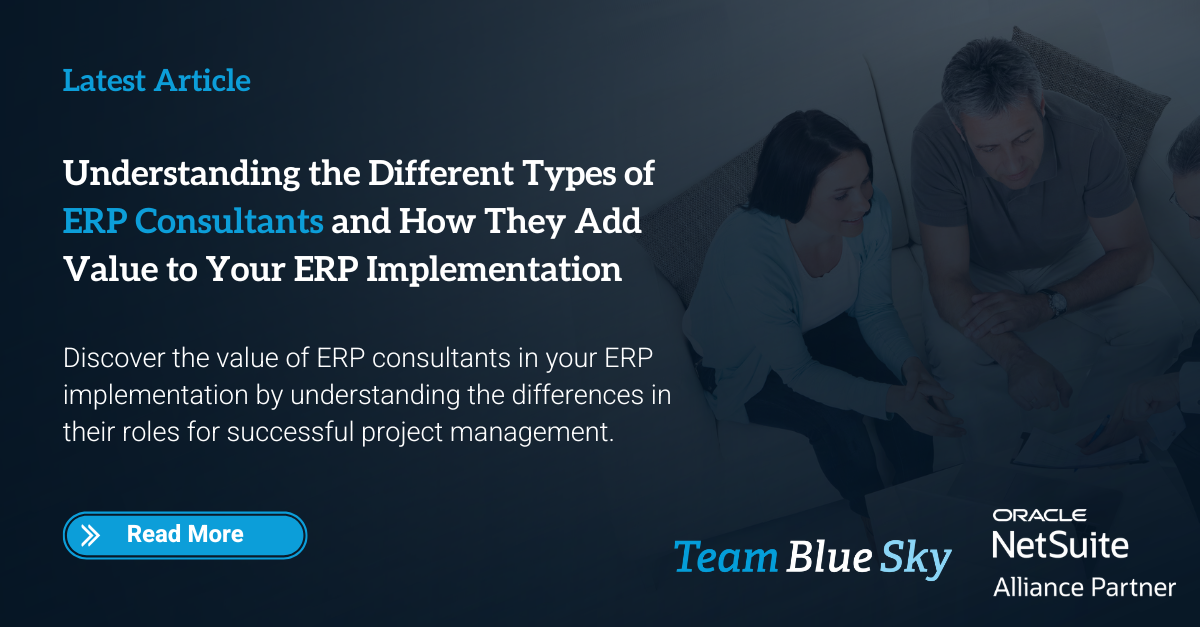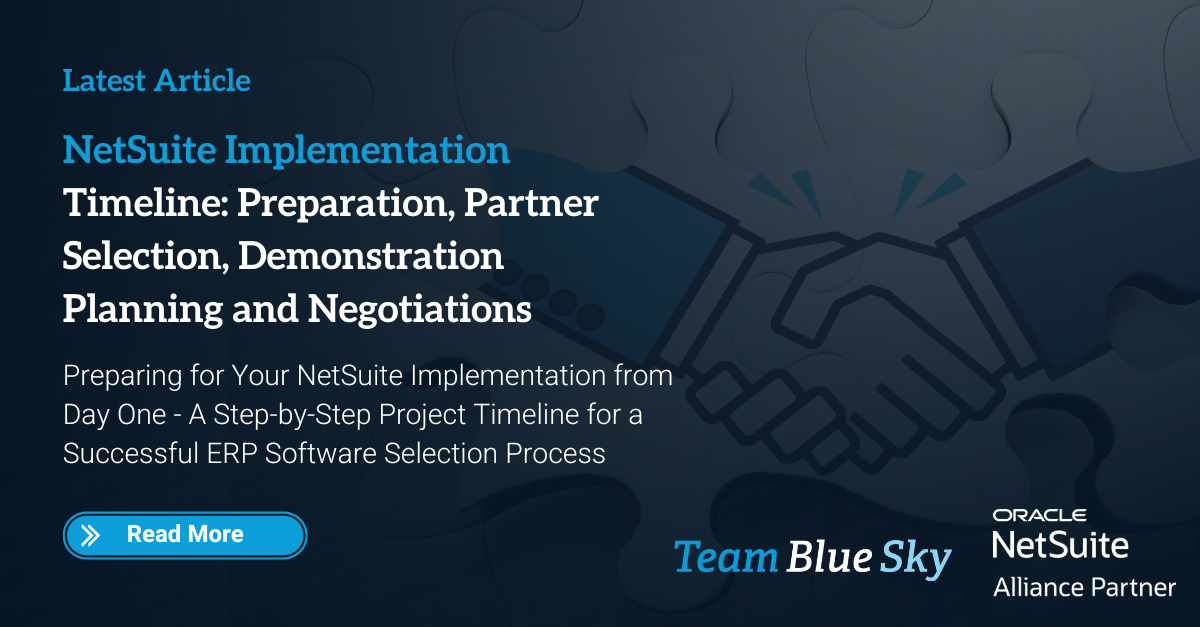Comparing the Cost of Outsourcing Payroll
Payroll management is a crucial aspect of any business operation, ensuring timely and accurate payment to employees while maintaining compliance with local laws and regulations. This article aims to compare the costs and benefits of outsourcing payroll processing to a payroll BPO provider versus maintaining an in-house payroll team. The article is structured as follows: the costs of an in-house payroll team will be discussed first, followed by the costs of outsourcing to a payroll BPO provider, and finally, a detailed cost comparison will be provided.
Cost and Benefits of In-House Payroll Team
Benefits of an In-House Payroll Team
Direct Control over Payroll Functions
One of the main benefits of having an in-house payroll team is the direct control it provides over payroll functions. This means that management has full oversight of payroll processes, enabling them to make immediate decisions and adjustments as needed. This level of control can lead to increased efficiency and accuracy in payroll processing, as well as the ability to quickly address any issues that may arise.
Personalised Attention to Employee Needs
An in-house payroll team can offer personalised attention to employee needs, as they are more intimately familiar with the company culture, policies, and employee requirements. This familiarity allows the team to better understand and accommodate individual employee needs and concerns, such as unique payroll situations, tax considerations, or other payroll-related queries. This personal touch can result in improved employee satisfaction and reduced payroll errors.
Potential Cost Savings for Large companies
For large companies that process high volumes of payroll, an in-house payroll team can potentially lead to cost savings. These savings can be attributed to the economies of scale achieved through handling payroll for a large number of employees. In addition, an in-house team can optimise the payroll process to better suit the specific needs of the organisation, potentially leading to further cost efficiencies. Finally, having an in-house team can help avoid the fees associated with outsourcing payroll functions to a third-party provider. However, it is essential to carefully weigh these potential savings against the costs of maintaining an in-house payroll team, such as salaries, benefits, training, equipment, and office space.
Costs of an In-House Payroll Team
Payroll Employee Salaries
One of the primary costs of maintaining an in-house payroll team is the salaries paid to team members. This expense can vary depending on the number of employees in the team, their job titles, and their experience levels. For example, a payroll administrator's salary may differ significantly from that of a payroll manager or a payroll specialist.
Payroll Employee Benefits
In addition to salaries, employers often provide benefits to their payroll team members. These benefits can include health insurance, retirement contributions, paid time off, and other perks. The cost of these benefits can vary depending on the specific benefits package offered by the employer, but they typically represent a significant expense for the company.
Payroll Software and Systems Training
Ensuring that the in-house payroll team is well-trained and up-to-date on the latest payroll laws, regulations, and best practices is essential. Training costs can include fees for external courses, workshops, conferences, or certifications, as well as the cost of internal training sessions and materials. These costs can vary depending on the frequency of training, the type of training provided, and the number of team members participating.
Office Equipment
An in-house payroll team requires equipment to perform their duties effectively. This equipment can include computers, printers, scanners, and other office equipment necessary for processing payroll. The cost of this equipment can vary depending on the quality and quantity required, as well as any maintenance and replacement costs.
Office Space
An in-house payroll team requires dedicated office space to work efficiently. The cost of office space can vary depending on factors such as location, size, and the quality of the workspace. In addition to the base rent, there may be additional expenses for utilities, maintenance, and office supplies.
Cost-saving Measures for Payroll Management
Outsourcing Payroll Functions
One cost-saving measure is to outsource payroll functions to a business process outsourcing (BPO) provider. For example, an organisation might decide to outsource tax filing and reporting while keeping other payroll functions in-house. This approach allows companies to leverage the expertise and resources of the BPO provider for specific tasks, potentially reducing costs and ensuring compliance with complex regulations.
Automating Manual Tasks Using Payroll Software
Implementing payroll software can help automate various manual tasks, such as data entry, calculations, and report generation. By automating these tasks, businesses can reduce the time and labour required for payroll processing, leading to cost savings. Additionally, payroll software can improve accuracy and reduce the risk of errors, which can result in further savings by minimising the need for error corrections and potential penalties.
Adopting a Hybrid Model
A hybrid model combines the advantages of both in-house and outsourced payroll processing. In this model, some payroll functions are handled in-house, while others are outsourced to a BPO provider. This approach allows businesses to maintain control over critical aspects of payroll processing while still benefiting from the cost savings, expertise, and resources offered by outsourcing. The specific mix of in-house and outsourced functions can be tailored to the unique needs and budget constraints of each organisation.
Streamlining Payroll Processes
Another cost-saving measure involves streamlining and optimising payroll processes to improve efficiency. This optimisation might include standardising payroll procedures, reducing redundancies, and eliminating unnecessary steps. Streamlining can lead to reduced processing time, lower labour costs, and increased accuracy.
Employee Self-Service Systems
Implementing employee self-service systems can also result in cost savings. These systems allow employees to access their payroll information, update personal details, and submit time-off requests online. By empowering employees to manage their payroll information, businesses can reduce the workload on the payroll team, potentially leading to cost savings and improved accuracy.
"When it comes to choosing between in-house payroll and outsourcing, one size doesn't fit all. Carefully weighing the benefits and costs of each option is vital for making a decision that will help your organisation thrive and grow." - Henry Sack, General Manager, TeamBlueSky
Outsourcing to a Payroll BPO Provider
Benefits of Outsourcing to a Payroll BPO Provider
Cost Predictability
One significant advantage of outsourcing to a payroll BPO provider is cost predictability. When outsourcing payroll, businesses typically pay a fixed fee based on the number of employees, the number of pay cycles, or other predetermined factors. This fixed fee structure allows companies to predict and budget their payroll expenses more accurately, leading to better financial planning and control.
Reduced Compliance Risk
Payroll compliance is a complex and ever-changing landscape, with new regulations and requirements frequently emerging. Outsourcing payroll to a BPO provider can help businesses reduce compliance risks, as these providers are specialised in staying up-to-date with the latest laws and regulations. They have the expertise and resources necessary to ensure that payroll processes adhere to all relevant rules, minimising the risk of penalties or fines associated with non-compliance.
More Time for Core Business Activities
Outsourcing payroll to a BPO provider frees up valuable time for businesses to focus on their core activities. Payroll processing can be time-consuming and resource-intensive, particularly for businesses with a large workforce or complex payroll requirements. By delegating payroll responsibilities to a BPO provider, businesses can redirect their time, energy, and resources toward strategic initiatives, growth, and innovation.
Access to Expertise and Technology
Payroll BPO providers have specialised expertise and access to advanced payroll technology. By outsourcing, businesses can benefit from this expertise and technology without having to invest in expensive software, hardware, or employee training. This access can lead to improved payroll accuracy, more efficient processes, and better overall payroll management.
Pricing Models for Payroll BPO Providers
Per Employee Per Month
One common pricing model used by payroll BPO providers is the per employee per month model. In this model, businesses pay a fixed fee for each employee on their payroll every month. This fee typically covers a predefined set of payroll services, such as payroll processing, tax filing, and reporting. The per employee per month model provides cost predictability and is often preferred by businesses with a stable workforce size.
Per Payslip
Another popular pricing model is the per payslip model. In this model, businesses pay a fee for each payslip generated by the payroll BPO provider. This approach can be more cost-effective for businesses with a fluctuating workforce size, such as seasonal workers or temporary staff, as they only pay for the actual number of payslips produced.
Custom Pricing Models
Some payroll BPO providers offer custom pricing models tailored to the unique needs and requirements of their clients. These custom models can include a combination of fixed fees, variable fees based on the number of employees or payslips, and additional fees for specific services, such as benefits administration or garnishment processing. Custom pricing models provide businesses with flexibility and can be an attractive option for companies with unique payroll processing needs.
Factors Affecting Pricing
The cost of outsourcing payroll to a BPO provider can vary depending on several factors:
Level of Service
Outsourced payroll pricing may differ depending on the level of service required, such as basic payroll processing versus comprehensive payroll and benefits administration. Generally, the more services a business requires, the higher the cost will be.
Complexity of Payroll Processing
The complexity of a company's payroll processing needs can also impact the cost of outsourcing. Businesses with more complex payroll requirements, such as multiple pay rates, irregular work schedules, or international employees, may face higher outsourcing costs due to the additional time and resources required to manage these complexities.
Company Size
The size of a business can significantly impact the pricing of payroll outsourcing services. Large companies with many employees often have more complex payroll needs, which may result in higher fees. On the other hand, smaller businesses with fewer employees may have simpler payroll requirements and could potentially negotiate lower pricing with BPO providers.
Frequency of Payroll Processing
The frequency of payroll processing, such as weekly, bi-weekly, or monthly pay cycles, can also affect the cost of outsourcing. More frequent payroll processing typically requires more work, which may result in higher fees. Conversely, less frequent processing might lead to lower costs.
Additional Services
Some businesses may require additional services beyond basic payroll processing, such as time and attendance tracking, benefits administration, or HR management. These extra services can increase the overall cost of outsourcing, as BPO providers may charge additional fees for them.

Cost Savings from Outsourcing Payroll to a BPO Provider
Reduced Overhead
One of the primary cost savings from outsourcing payroll to a BPO provider comes from reduced overhead expenses. By delegating payroll responsibilities to an external provider, businesses can save on costs associated with hiring and maintaining an in-house payroll team, such as salaries, benefits, training, equipment, software, and office space. Outsourcing also eliminates the need for businesses to invest in ongoing updates and maintenance of payroll software, further reducing overhead costs.
Economies of Scale
Payroll BPO providers often serve multiple clients, allowing them to achieve economies of scale. This means they can spread their fixed costs, such as infrastructure and technology investments, across a larger client base. As a result, BPO providers can offer their services at a lower cost per client compared to what individual businesses would incur if they managed payroll in-house. This cost advantage can lead to significant savings for businesses that choose to outsource their payroll functions.
Access to Advanced Technology and Expertise
Outsourcing payroll to a BPO provider can give businesses access to advanced technology and expertise they might not be able to afford or maintain in-house. BPO providers typically invest in the latest payroll software and tools, ensuring their clients benefit from the most efficient and accurate payroll processing solutions available. Furthermore, BPO providers employ payroll specialists who possess extensive knowledge of payroll regulations, tax laws, and best practices. By leveraging this expertise, businesses can reduce the risk of costly errors, fines, or penalties due to non-compliance with payroll regulations.
Increased Efficiency
Outsourcing payroll can also lead to increased efficiency within an organisation. By delegating payroll tasks to a specialised BPO provider, businesses can free up valuable time and resources that can be redirected towards core business activities, such as sales, marketing, or product development. This increased focus on core competencies can lead to improved productivity and profitability in the long run.
Enhanced Flexibility
Another potential cost saving from outsourcing payroll is enhanced flexibility. Payroll BPO providers can quickly scale their services up or down based on a business's changing needs, such as seasonal fluctuations in workforce size or rapid business growth. This scalability allows businesses to pay only for the services they need when they need them, helping to manage costs more effectively.
Direct and Indirect Cost Comparison of In House Payroll vs BPO
A detailed cost comparison is provided below, displaying the cost breakdown, calculations, descriptions, and assumptions for an in-house payroll team versus outsourcing to a payroll BPO provider.
| Cost Item | In-House Payroll Team | Payroll BPO Provider |
|---|---|---|
| Salaries and Superannuation | $200,000 | N/A |
| Training | $5,000 | N/A |
| Equipment | $5,000 | N/A |
| Office Space | $15,000 | N/A |
| Overhead | $20,000 | N/A |
| Outsourcing Fees | N/A | $45,000 |
| Total Cost per Year | $245,000 | $45,000 |
| Savings per Year | $200,000 |
Assumptions: 50 employees, annual payroll of < $$5,000,000), moderate payroll complexity.
"Cost savings should be a primary consideration when comparing in-house and outsourced payroll options. By identifying the most efficient and cost-effective solution for your organisation, you'll free up valuable resources that can be reinvested into your core business operations, driving growth and success." - Henry Sack, General Manager, TeamBlueSky
Evaluating In-House Payroll Teams vs. Outsourcing Payroll: Key Considerations and Recommendations
In conclusion, businesses must carefully evaluate the costs and benefits of maintaining an in-house payroll team versus outsourcing payroll to a BPO provider, taking into account their unique needs and budget constraints. Here are some recommendations for businesses to consider when making this crucial decision:
Assess the Level of Control and Expertise Required
Determine the level of control your organisation needs over payroll functions and the expertise required to handle complex payroll scenarios. An in-house payroll team may provide more direct control and the ability to address employee needs promptly. In contrast, outsourcing to a BPO provider can grant access to specialised expertise and advanced technology, which may be more efficient and cost-effective.
Consider Alternative Cost-Saving Measures
Before deciding between an in-house payroll team and outsourcing, explore alternative cost-saving measures that could help strike a balance between the two options. Hybrid models, which combine in-house and outsourced payroll processing, can be a suitable solution for some companies. Additionally, implementing automation and payroll software to streamline manual tasks can help reduce costs while maintaining an in-house team.
Seek Professional Advice
Seek advice from payroll and HR professionals, industry peers, or consultants to gain insights into the pros and cons of each option based on your specific business needs. These experts can provide valuable recommendations and share their experiences to help you make an informed decision.
"Never make a decision about your payroll strategy in isolation. Seek professional advice, compare different providers or solutions, and learn from the experiences of others in your industry. A well-informed choice will help your organisation maximise cost savings and streamline your payroll processes." - Henry Sack, General Manager, TeamBlueSky

Henry Sack
General Manager

With over 12 years of experience as a NetSuite implementation consultant, Henry Sack leads TeamBlueSky’s team of NetSuite and accounting experts in his role of General Manager.
TeamBlueSky is a leading Australian
NetSuite Alliance Partner whose mission is to provide critical
NetSuite BPO and
Payroll services to NetSuite clients who are wanting to simplify their
back office processes and partner with a leading
NetSuite administration expert.
TeamBlueSky have also partnered with global Suite Developer Network partners to offer local solutioning, implementation and support services for global NetSuite SuiteApps.














